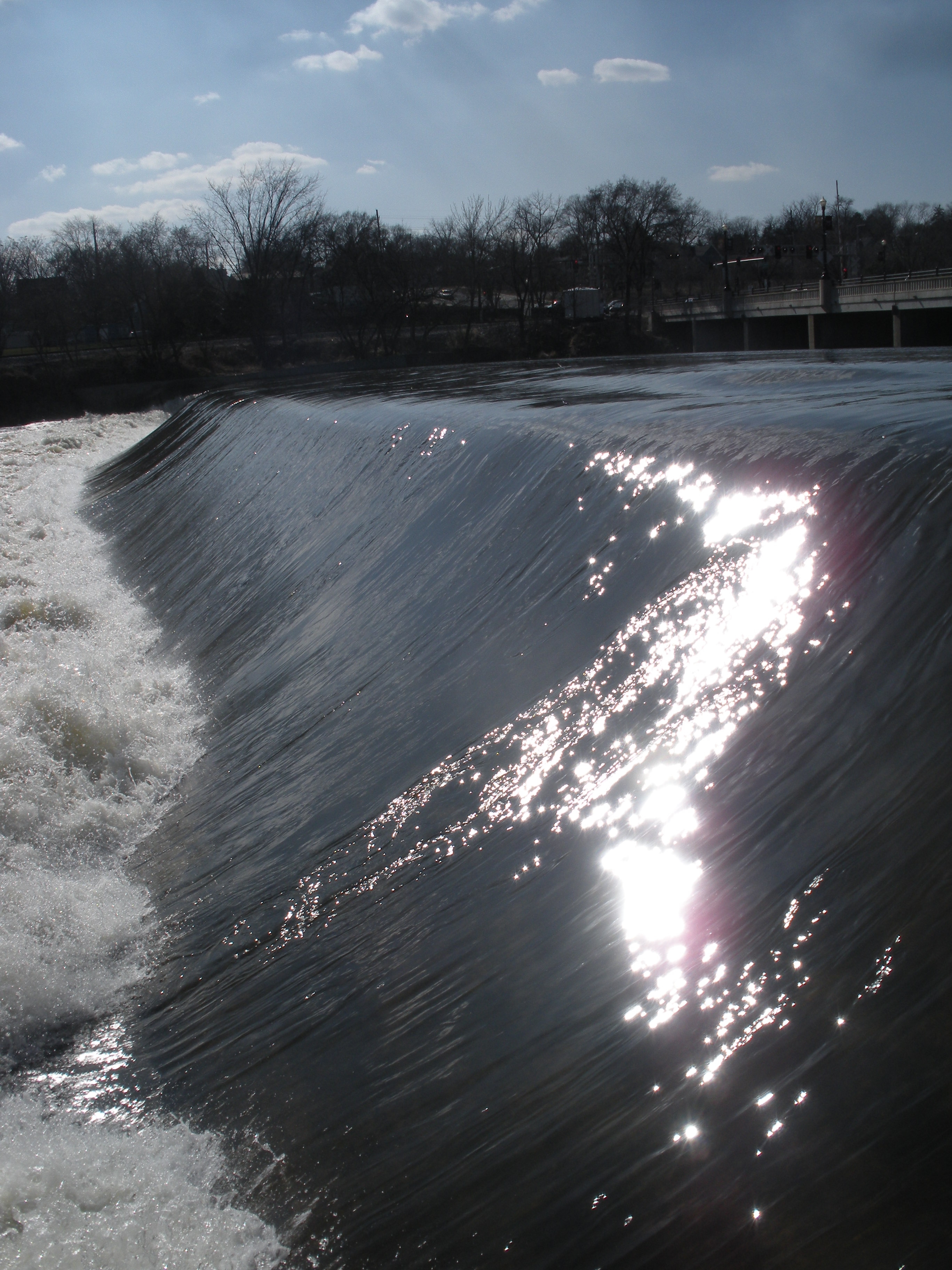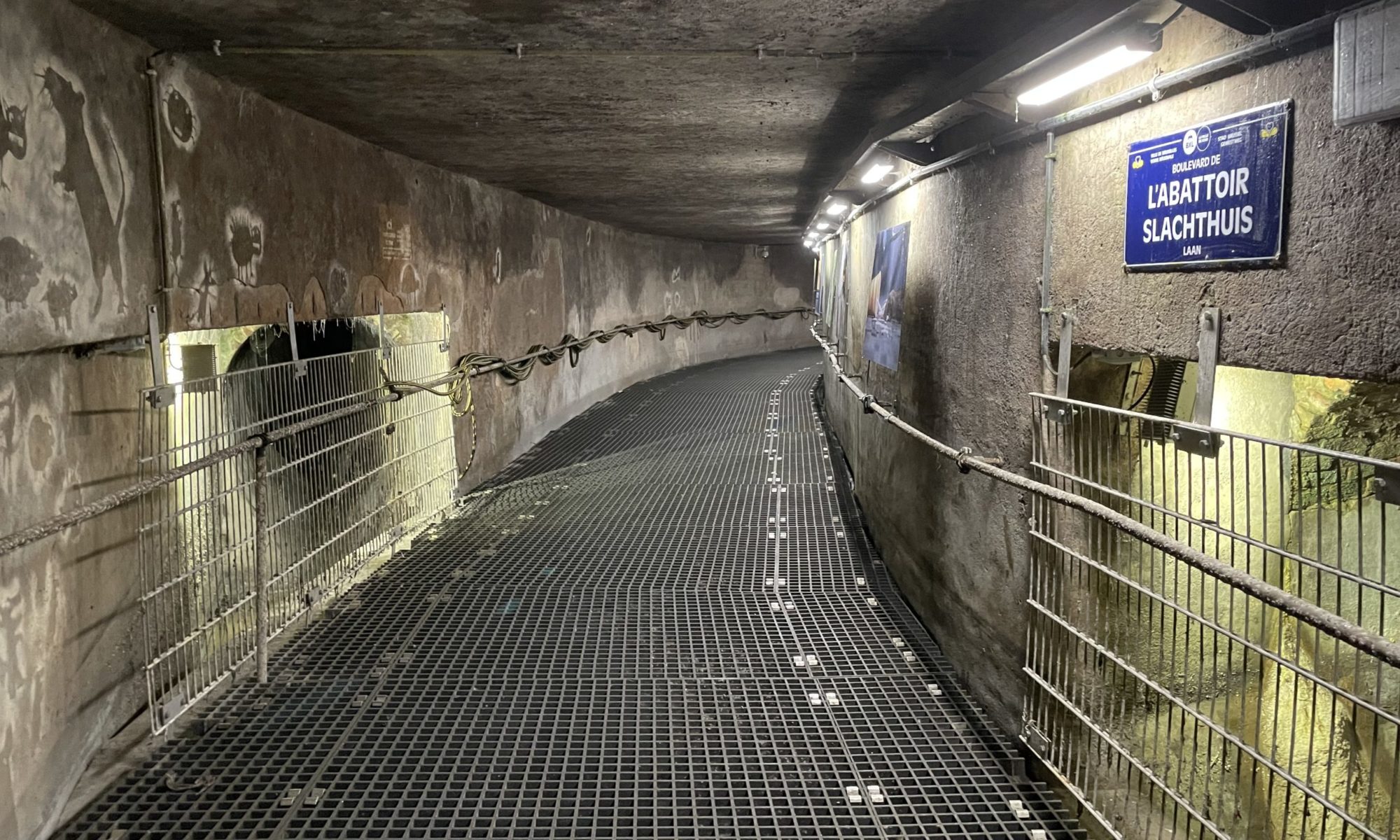 There's been an ongoing legal dispute in Iowa between the Des Moines Water Works (DMWW) and drainage districts in three Iowa counties to decide who should pay the price to clean up polluted water. It's an interesting case for those of us who are involved in stormwater regulation and water treatment. And it is one more step in the ongoing struggle to determine how best to protect the environment and who is best positioned or most responsible to pay that cost.
There's been an ongoing legal dispute in Iowa between the Des Moines Water Works (DMWW) and drainage districts in three Iowa counties to decide who should pay the price to clean up polluted water. It's an interesting case for those of us who are involved in stormwater regulation and water treatment. And it is one more step in the ongoing struggle to determine how best to protect the environment and who is best positioned or most responsible to pay that cost.
Background on the DMWW Case
According to the final ruling document (No. 16-0076), DMWW "is a municipal water utility … that provides drinking water to an estimated half-million Iowans in the Des Moines area." Their water sources are primarily the Racoon and Des Moines Rivers. The watershed for the Racoon River is about 2.3 million acres in size and spans 17 counties in Iowa. DMWW stated in their complaint filed in federal court that "from 1995 to 2014, nitrate concentrations in the Racoon River at the DMWW intake points exceeded the 10 mg/L standard for drinking water at least 1636 days, or 24% of the time." Example concentrations mentioned in the complaint are 11.98 mg/L, 13.23 mg/L, 11.89 mg/L, 13.43 mg/L, and 12.56 mg/L. Therefore in order to provide water to its customers that meets drinking water regulations, DMWW incurred costs at its three treatment plants to reduce this level below the standard. DMWW also noted the need to expend funds in the near future to construct a new facility to handle the continuing elevated levels of nitrate.
In an effort that appears to force a reduction in or capture of these costs, DMWW filed a petition in federal court on March 16, 2015 (Trial Case No. C 15-4020-MWB). According to the Order Certifying Questions to the Supreme Court, the complaint basically alleges the drainage districts, or defendents, are "responsible for the increasing nitrate concentrations in the Racoon River." And because DMWW provides water to its customers from this river, which now has elevated levels of nitrate, it must incur costs it would not otherwise have to in order to reduce these concentrations below regulated standards.
On the defendent side, the drainage districts argued they were not the proper party for this lawsuit. They also indicate that other agencies of the state and federal government are responsible for regulating these matters – not a court of law. In the end, their bottom line was "the existence and functions of drainage districts are so limited, the Iowa Supreme Court repeatedly, for over a century, has found districts not amenable to suit for damages, i.e., they are entitled to unqualified immunity."
Court Ruling in the DMWW Case
As reported in the online article of the Des Moines Register on Jan. 27, 2017, "the Iowa Supreme Court ruled that Des Moines Water Works cannot win damages under the Iowa Constitution against drainage districts in the three counties it is suing." The article includes an embed of the ruling in case anyone is interested in reading the court's explanation for each count of the complaint. The article also mentions there will be another ruling in June of this year to decide if drainage districts should be considered polluters under the Clean Water Act and subject to those regulations including the need to obtain permits for their discharges.
Why does this matter?
Water receives contaminants from natural and man-made activity, and removing those contaminants is not free. In the end, someone has to pay the cost, but who? In the Des Moines area, the cost to remove contaminants to provide safe drinking water is currently paid for by the DMWW which most likely passes the costs onto its customers. If the city subsidizes its utility for this purpose then the taxpayers of the city are also paying. But the people paying for that cost are not directly responsible for putting nitrates in the water. Instead studies show elevated contaminants in receiving streams are primarily a result of agricultural operations. (An earlier article in this blog cites a report indicating results of this in Illinois). So should agricultural operators pay the costs to remove contaminants?
Who pays is really what is being decided by lawsuits like the one brought by DMWW. In that case the court's decision leaves those using the water to bear the costs. Whether that is because of the manner in which the complaint was written or the specific defendents named, I cannot really comment on since I am not a lawyer. Articles and opinions I've read on the case indicate the matter is best left to legislators and regulatory agencies. What does seem obvious to me is no matter which entity pays, the cost will always ultimately be passed along to the end user. So whether it is the water or stormwater utility paying or the farmer, it seems we will pay for it through increased water bills to treat our water, taxes to clean our waterways, or grocery bills for increased costs for food production. So really the question should perhaps be How Do We Want to Pay for Clean Water?


